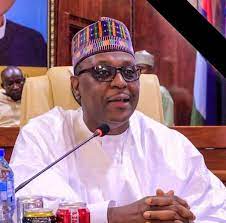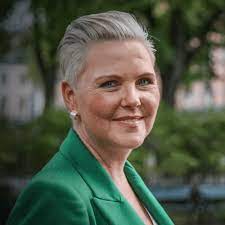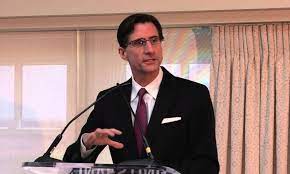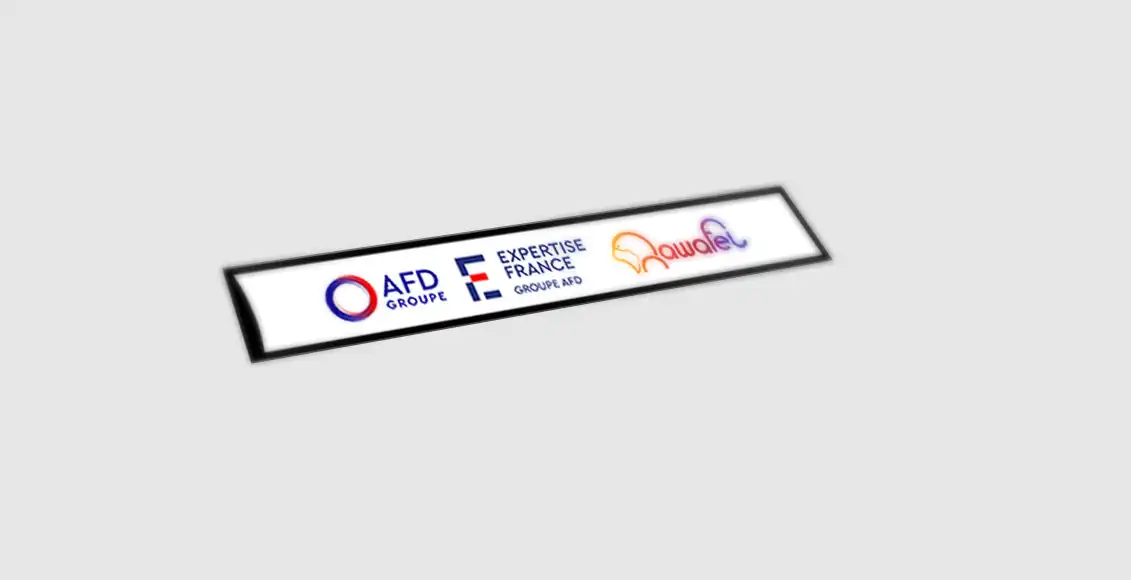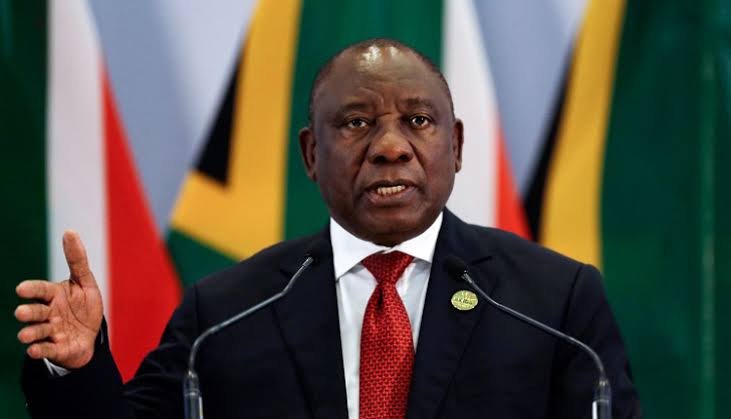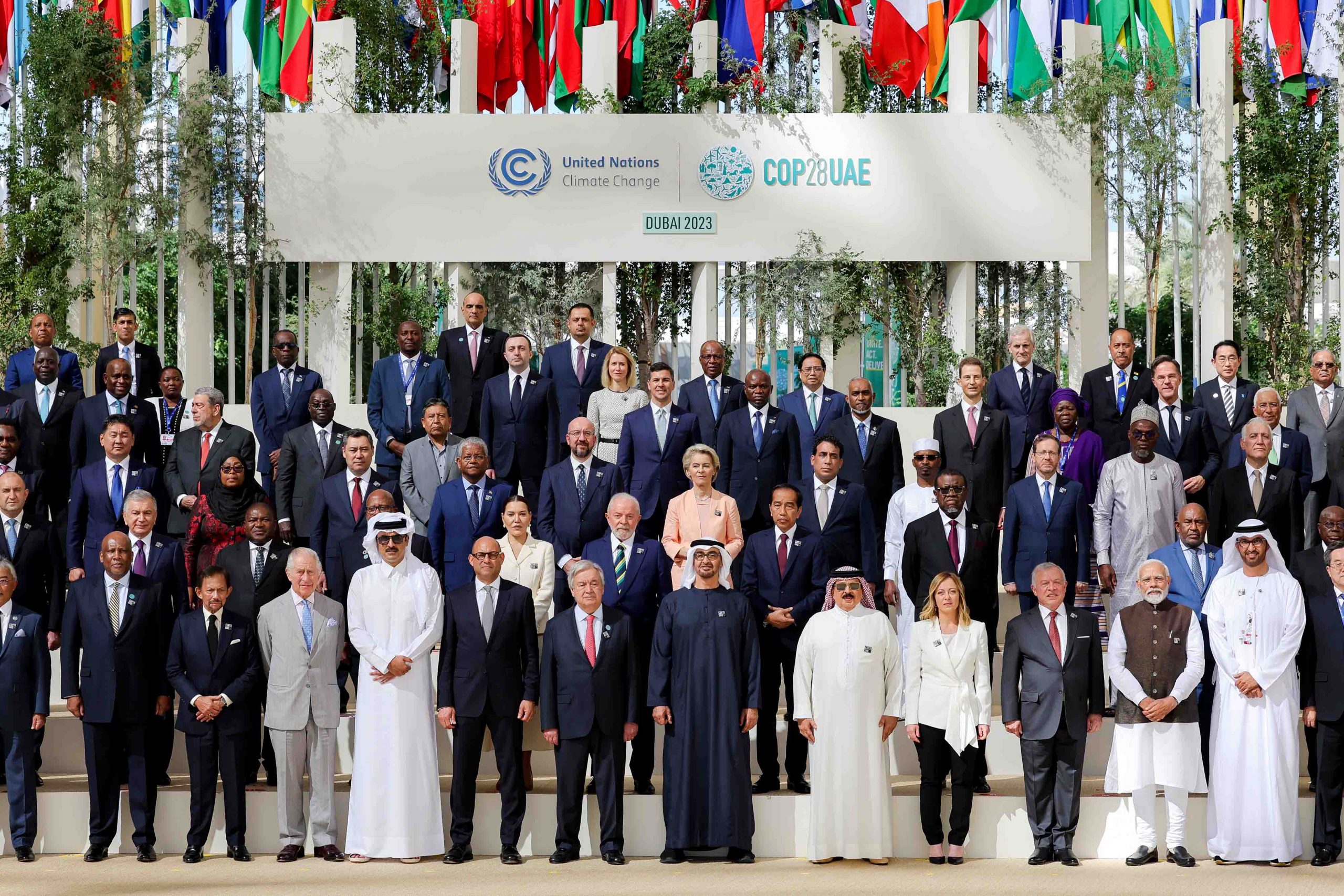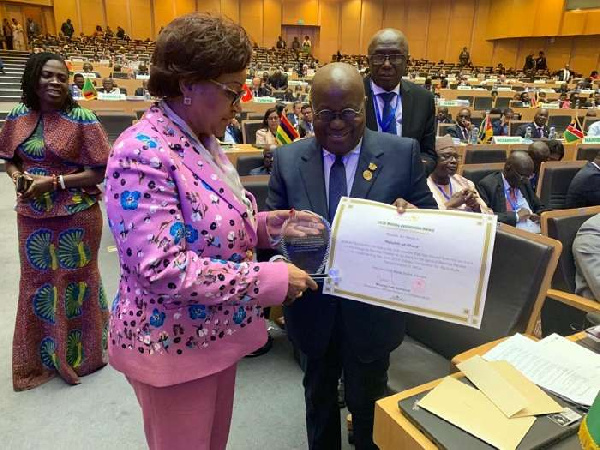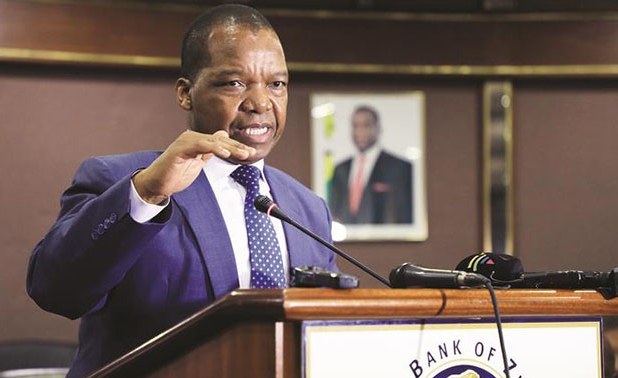Stakeholders Chart Sustainable Pathway to Universal Health Coverage in Nigeria
The World Health Organization (WHO) in collaboration with its partners is supporting the government of Nigeria in finding evidence-based and sustainable solutions towards the attainment of Universal Health Coverage (UHC) by 2030.
This is to accelerate the ongoing effort of the government to ensure that all Nigerians irrespective of age, status, and geographic location, have access to the full range of quality health services they need, when and where they need them, without financial hardship.
Consequently, December 12 every year has been designated by the WHO for governments to renew their commitment while providing the unique opportunity for advocates to raise their voices in demand for efficient investments in health towards UHC.
Addressing Journalists after the UHC commemorative walk in Abuja, the Coordinating Minister for Health and Social Welfare, Professor Mohammed Ali Pate said the President Tinubu-led administration is determined to improve the health of Nigerians through positive health transformation that will lead to the attainment of UHC.

The 3.5-kilometre March tagged “Walk for Health” was part of the activities embarked upon to commemorate the Universal Health Coverage (UHC) Day in Abuja on 12 December 2023.
Read also : Cameroonian Fintech Startup Koree Secures New Investment to Revolutionize Retail Payments
The Minister said that Health is a fundamental human right and the Federal Government through the Federal Ministry of Health remains committed to delivering equitable and optimal health outcomes for all Nigerians.
He noted that the National Health Insurance Authority had made it mandatory for everyone to be enrolled and access a package of essential health services free at the point of use.
“This will bring about investment to expand the quality of healthcare services that Nigerians access through the primary healthcare systems and hospitals. We expect that states will complement the effort of the Federal Government to guarantee the participation of every stakeholder, to ensure that the society is healthier.
Good health is core to harnessing Nigeria’s greatest asset, its human capital, which is at the heart of our relentless efforts to ensure that all Nigerians are on the path to having access to improved quality health services without financial hardship” he said.
Professor Pate further advised Nigerians to take care of their health by engaging in exercises to keep fit and eat good food.
In his remark, the WHO Country Representative, Dr Walter Kazadi Mulombo said the walk was to create awareness and remind everyone that the world was lagging in providing Universal Health Coverage to the population. He expressed WHO’s commitment alongside other UN agencies and partners towards accelerating health for all, as this is the time for action.
“WHO alongside other partners will support the country in finding solutions to most of its health challenges. It is an opportunity for us to rethink the way we do our business and associate towards universal coverage for everyone.
The new investment initiative provides the hope that will change the course of health in Nigeria because Nigeria matters. If we can do it in Nigeria, it would influence Africa and also have a ripple effect globally,” he said.
Read also : Cameroonian Fintech Startup Koree Secures New Investment to Revolutionize Retail Payments
Other participants at the walk included the Minister of State for Health, Dr Tunji Alausa, the Permanent Secretary of the Ministry of Health, heads of agencies, CSOs, media and partners in the health sector.
Kelechi Deca

Kelechi Deca has over two decades of media experience, he has traveled to over 77 countries reporting on multilateral development institutions, international business, trade, travels, culture, and diplomacy. He is also a petrol head with in-depth knowledge of automobiles and the auto industry

